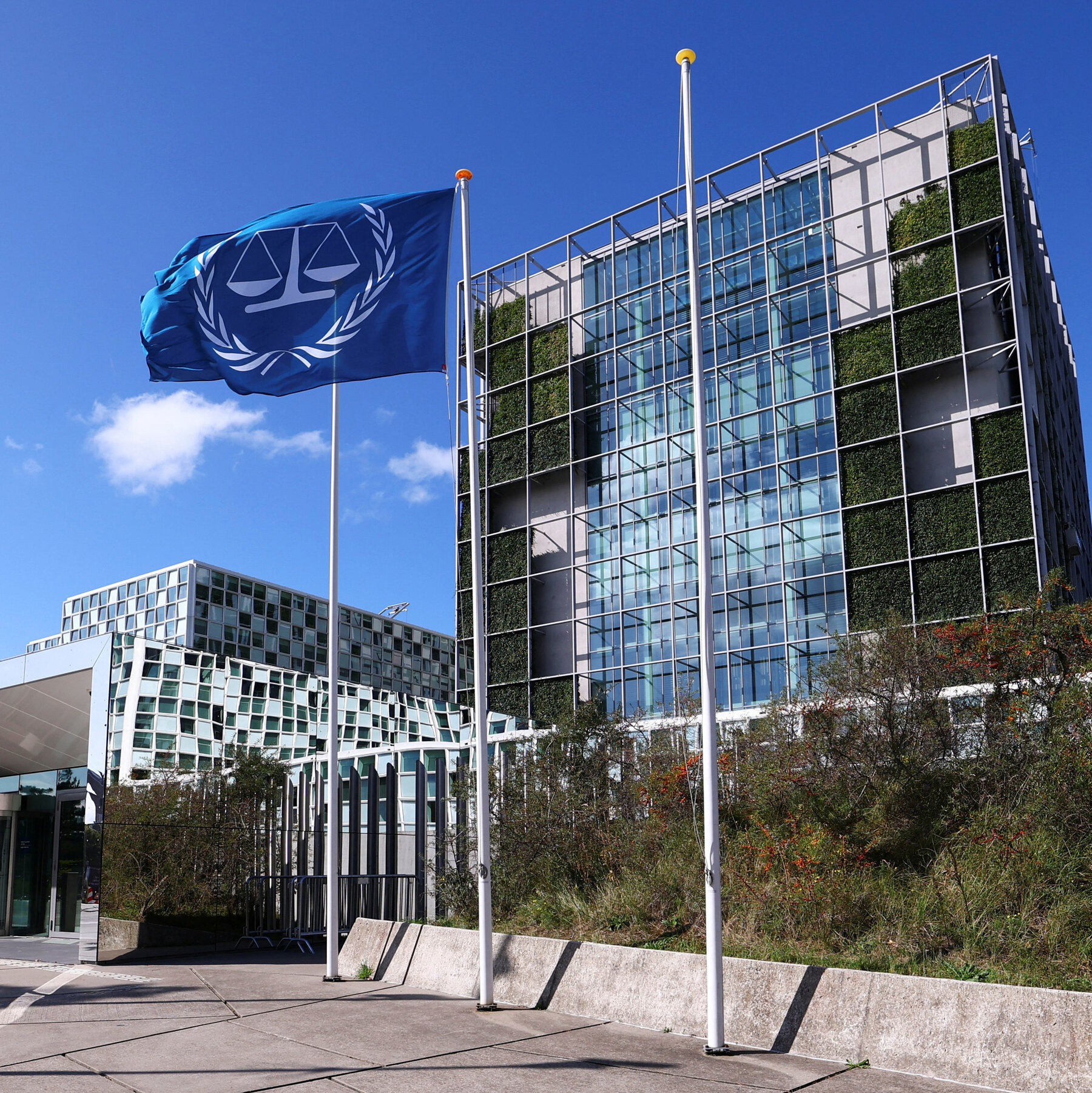World
Burkina Faso, Mali, and Niger Withdraw from International Criminal Court

The military governments of Burkina Faso, Mali, and Niger announced their withdrawal from the International Criminal Court (ICC), citing claims that the court has become a mechanism of neocolonial repression. This decision reflects ongoing tensions between these nations and international bodies regarding accountability for human rights abuses.
The ICC has faced criticism for its perceived bias and effectiveness, particularly from countries in Africa. In a joint statement released on October 3, 2023, leaders from the three nations expressed their views that the court disproportionately targets African states while neglecting serious violations committed by more powerful nations. This move comes as each of these governments has faced allegations of human rights violations amid ongoing conflicts in their respective regions.
Context of the Withdrawal
Burkina Faso, Mali, and Niger are grappling with significant security challenges. Each nation has experienced military coups in recent years, leading to heightened scrutiny of their governance and human rights practices. The withdrawal from the ICC is a significant political statement, highlighting the ongoing frustrations these governments feel towards international legal frameworks that they argue do not serve their interests.
Mali, for instance, has been under military rule since August 2020, while Burkina Faso underwent its latest coup in September 2022. Niger also faces instability following its July 2023 coup. These governments argue that their primary focus should be on national security and combating terrorism rather than being held accountable by international courts.
The joint statement emphasized that the decision to withdraw is rooted in the belief that the ICC lacks impartiality. Leaders from these nations have pointed to what they perceive as a pattern of selective justice, where the court has focused disproportionately on African leaders while ignoring violations committed in other parts of the world.
Responses from the International Community
The reaction from the international community has been mixed. Human rights organizations expressed concern that this withdrawal could impede justice for victims of human rights abuses in these countries. Amnesty International issued a statement urging the governments to reconsider their decision, emphasizing the importance of accountability in the face of ongoing violence.
Conversely, some political analysts view this move as a reflection of a broader trend among African nations to assert their sovereignty and challenge perceived neocolonial practices. The African Union has previously supported calls for reforms within the ICC, advocating for greater representation and fair treatment of African states.
The withdrawals from the ICC raise questions about the future of international justice and the role of global institutions in addressing human rights violations. As Burkina Faso, Mali, and Niger navigate their complex political landscapes, the implications of this decision will likely reverberate across the continent and beyond.
As these nations embark on this new chapter, the international community will be watching closely to see how their governance evolves and whether they will be held accountable for any ongoing human rights issues.
-

 Lifestyle4 months ago
Lifestyle4 months agoLibraries Challenge Rising E-Book Costs Amid Growing Demand
-

 Sports3 months ago
Sports3 months agoTyreek Hill Responds to Tua Tagovailoa’s Comments on Team Dynamics
-

 Sports3 months ago
Sports3 months agoLiverpool Secures Agreement to Sign Young Striker Will Wright
-

 Lifestyle3 months ago
Lifestyle3 months agoSave Your Split Tomatoes: Expert Tips for Gardeners
-

 Lifestyle3 months ago
Lifestyle3 months agoPrincess Beatrice’s Daughter Athena Joins Siblings at London Parade
-

 World3 months ago
World3 months agoWinter Storms Lash New South Wales with Snow, Flood Risks
-

 Science4 months ago
Science4 months agoTrump Administration Moves to Repeal Key Climate Regulation
-

 Science3 months ago
Science3 months agoSan Francisco Hosts Unique Contest to Identify “Performative Males”
-

 Business4 months ago
Business4 months agoSoFi Technologies Shares Slip 2% Following Insider Stock Sale
-

 Science4 months ago
Science4 months agoNew Tool Reveals Link Between Horse Coat Condition and Parasites
-

 Sports4 months ago
Sports4 months agoElon Musk Sculpture Travels From Utah to Yosemite National Park
-

 Science4 months ago
Science4 months agoNew Study Confirms Humans Transported Stonehenge Bluestones









